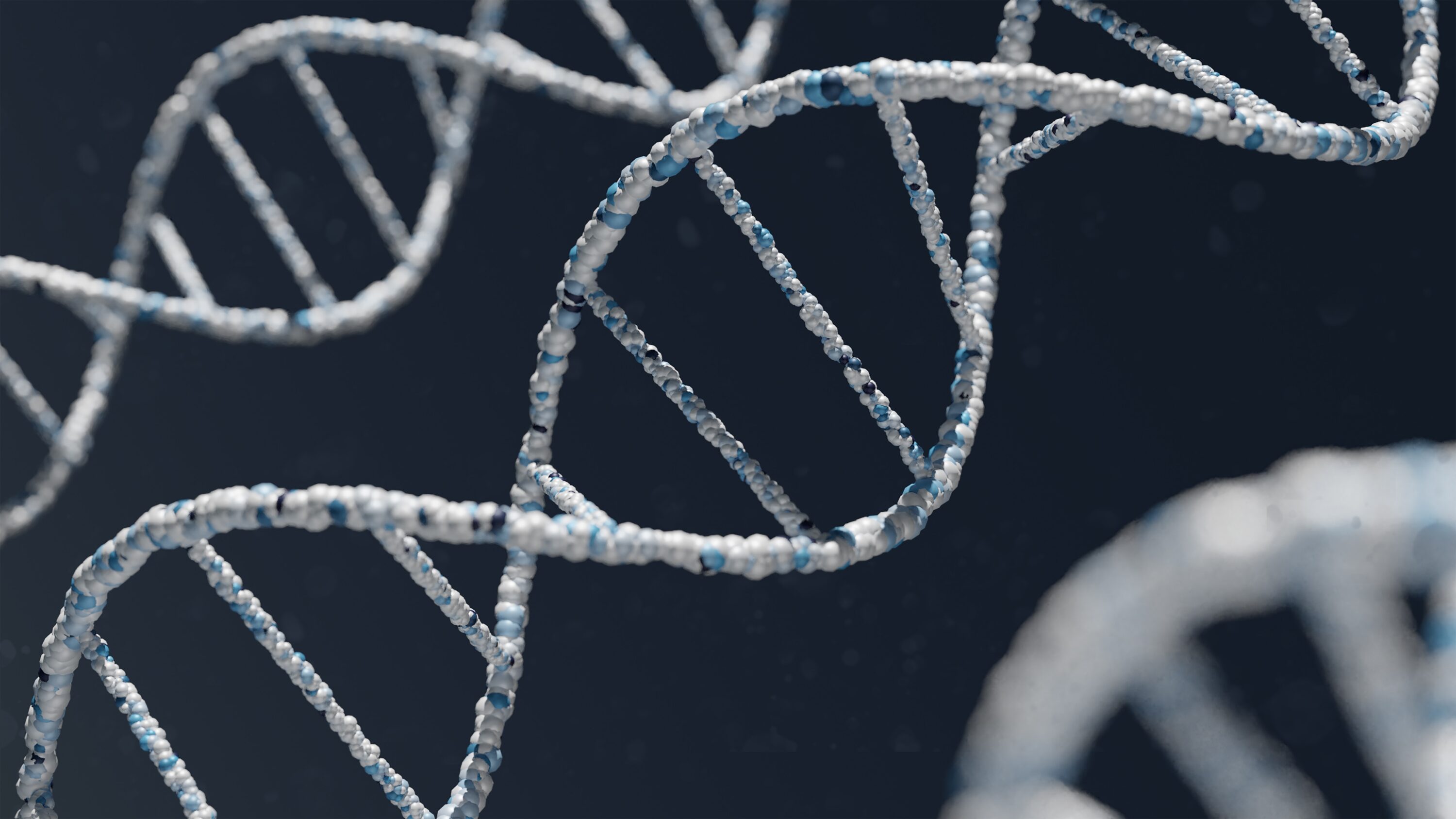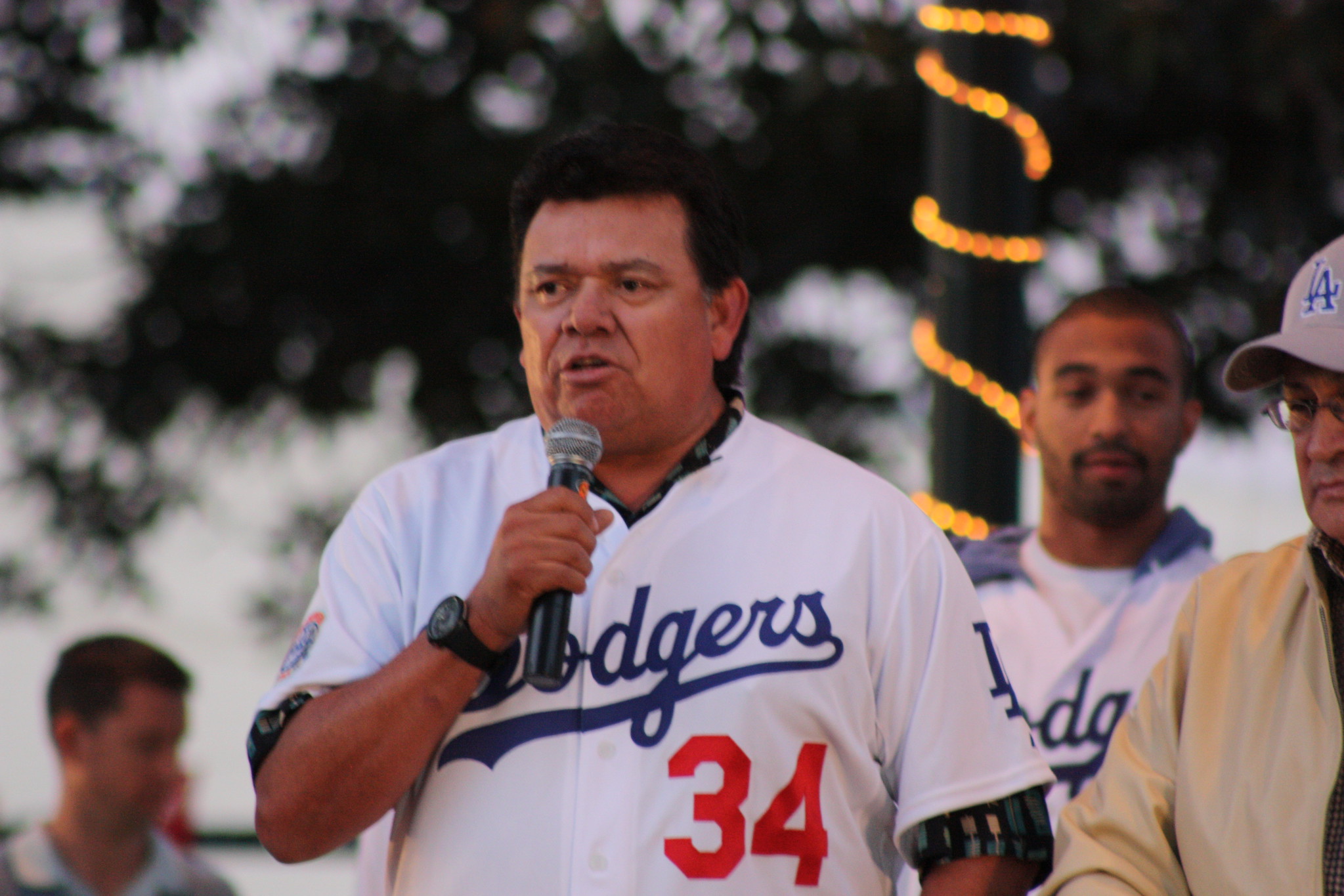Scientists from UC San Diego and their colleagues in Australia have engineered bacteria that can detect the presence of tumor DNA in a live organism, it was announced Thursday.
Their innovation, published in Thursday’s edition of the journal Science, detected cancer in the colons of mice and could pave the way to new biosensors capable of identifying various infections, cancers and other diseases, the researchers said.
Bacteria previously have been designed to carry out various diagnostic and therapeutic functions, but lacked the ability to identify specific DNA sequences and mutations outside of cells, they wrote. The new “Cellular Assay for Targeted CRISPR-discriminated Horizontal gene transfer,” or “CATCH,” was designed to do just that.
“As we started on this project four years ago, we weren’t even sure if using bacteria as a sensor for mammalian DNA was even possible,” said scientific team leader Jeff Hasty, a professor at UCSD School of Biological Sciences and Jacobs School of Engineering. “The detection of gastrointestinal cancers and precancerous lesions is an attractive clinical opportunity to apply this invention.”
Tumors often disperse, or shed, their DNA into the environments surrounding them. Under the CATCH strategy, the researchers engineered bacteria to test free-floating DNA sequences and compare those samples with predetermined cancer sequences.
They began to formulate the possibility of engineering bacteria, which are already prevalent in the colon, as new biosensors that could be deployed inside the gut to detect DNA released from colorectal tumors, the researchers wrote.
According to UCSD, working with Australian colleagues Susan Woods and Josephine Wright, the researchers designed, built and tested bacteria as a sensor for identifying DNA from a gene that is mutated in many cancers. They programmed the bacterium with a system designed to discriminate mutant from normal copies of the gene. This means that only bacteria that had taken up mutant forms of the gene, as found in precancerous polyps and cancers, for example, would survive to signal or respond to the disease.
The researchers are now adapting their bacteria biosensor strategy with new circuits and different types of bacteria for detecting and treating human cancers and infections, a university statement read.
While the researchers said the invention requires further development and refinement, the synthetic biology team at UCSD continues to optimize the advanced biosensor strategy.







